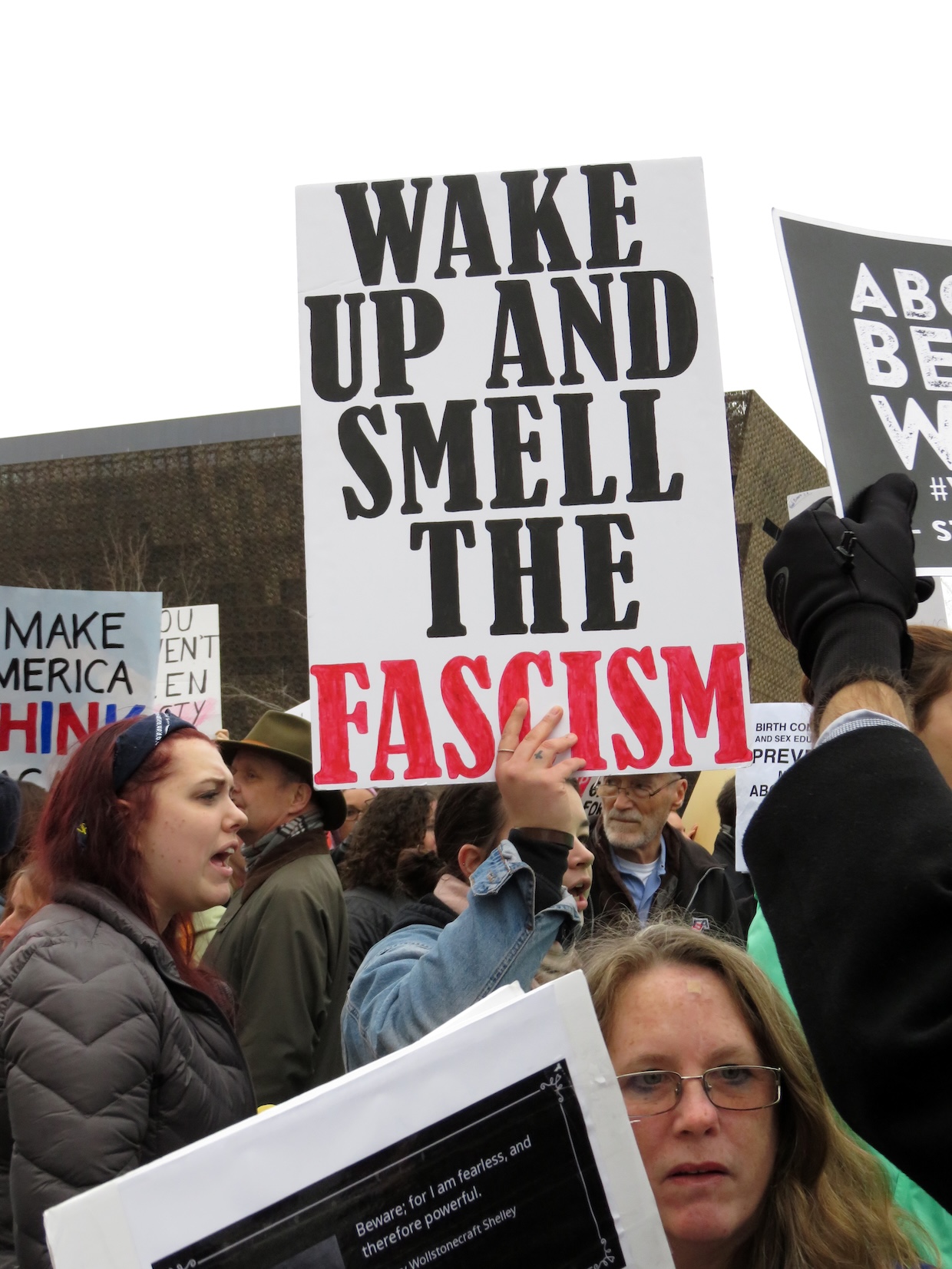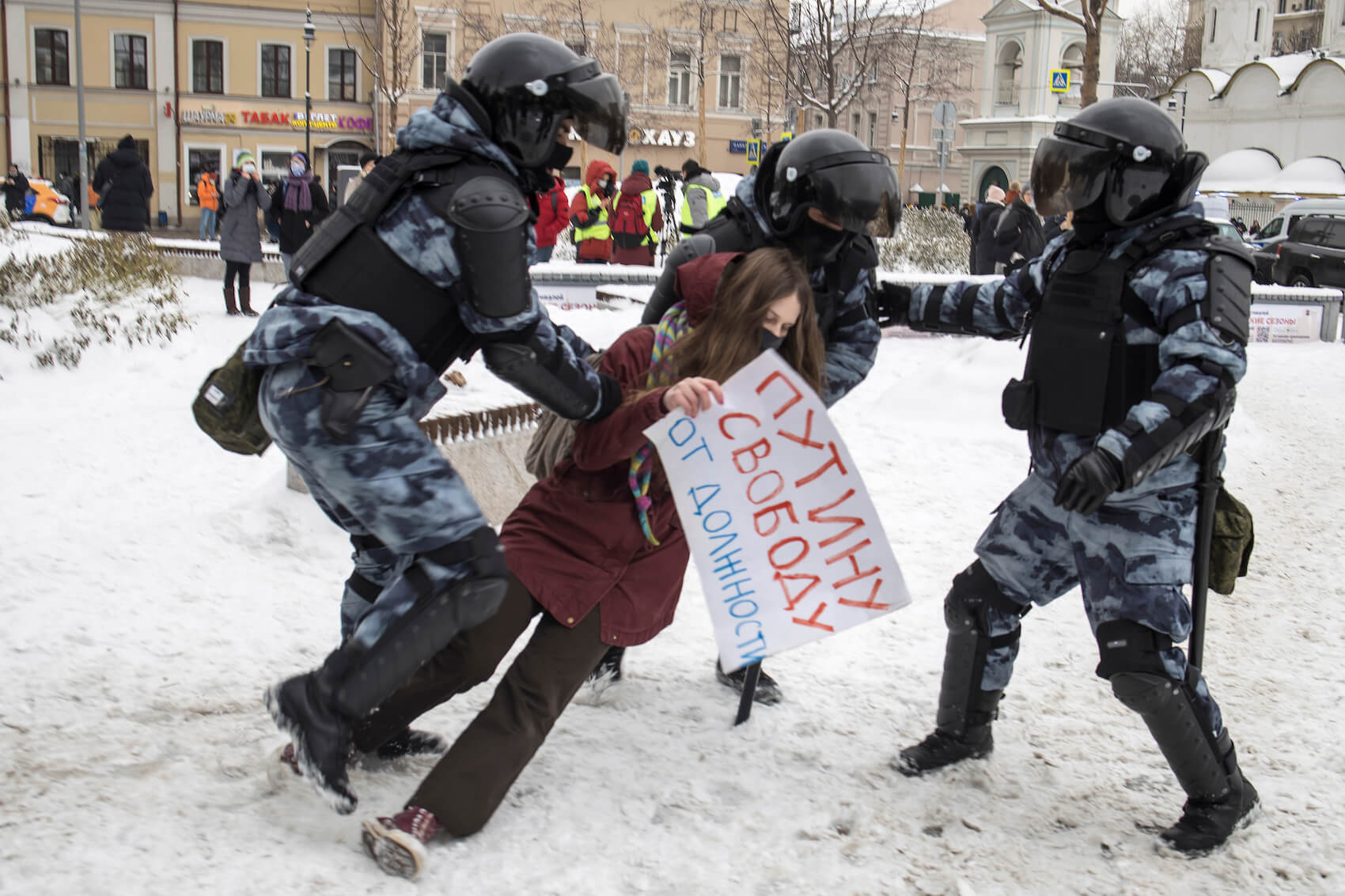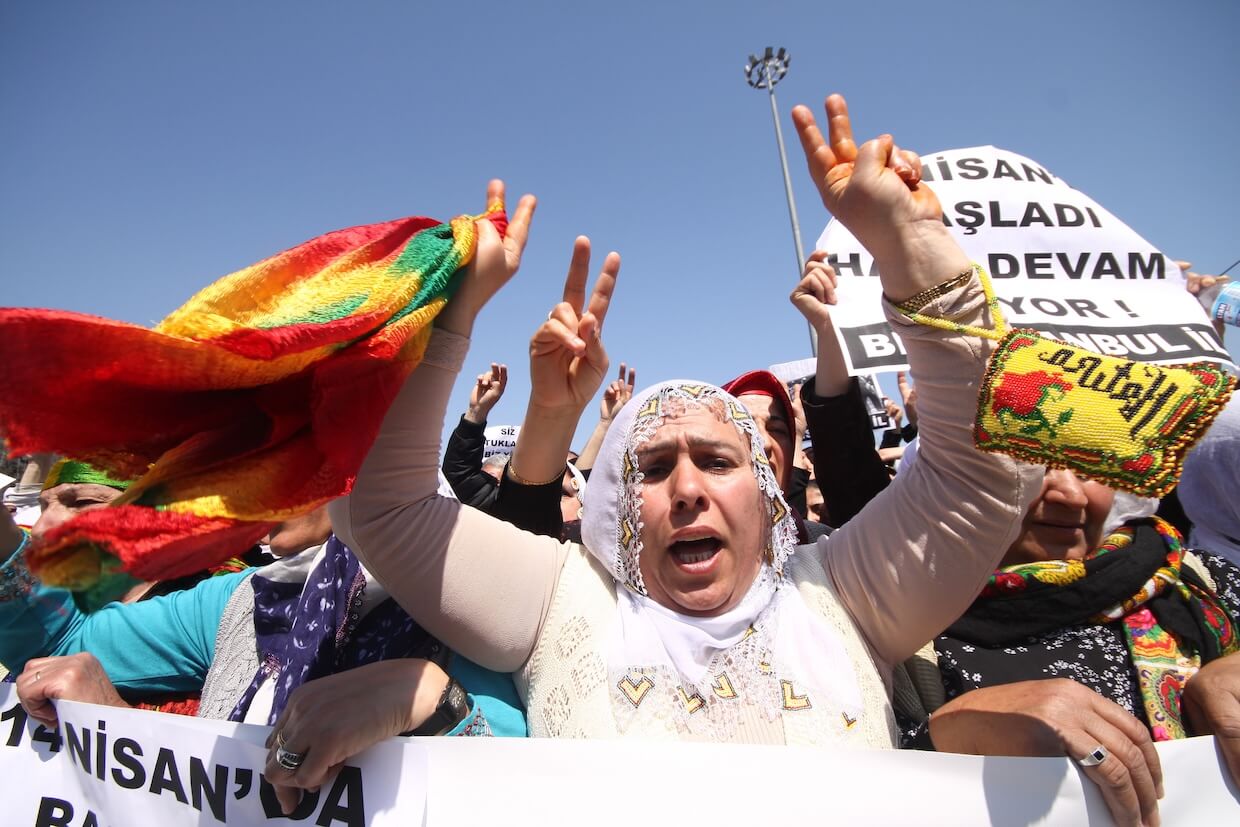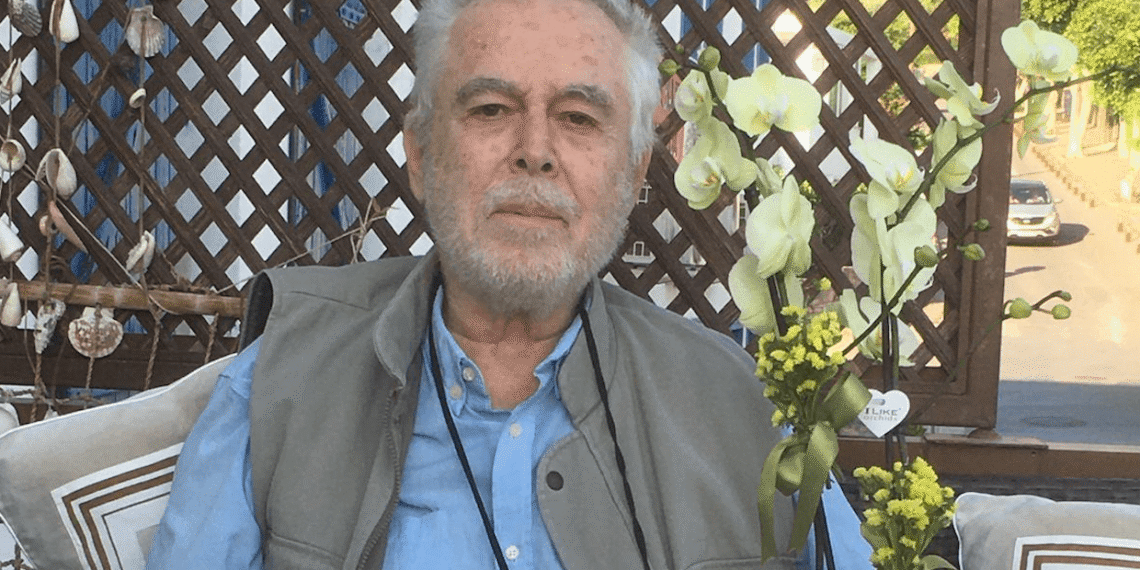In an era when even naming an oppressive regime can invite peril, Professor Baskın Oran offers a cuttingly ironic response to a straightforward question: How should we define Turkey’s current political system? His reply—”Let’s just say a ‘democratic administration,’ so that no harm comes to anyone”—encapsulates the climate of fear and repression under Erdogan’s rule. In this wide-ranging interview, the veteran scholar and dissident traces historical fascism’s return through economic crisis, digital dependency, centralism, and xenophobia. With clarity and conviction, Professor Oran explores how Turkey’s authoritarian populism mirrors global patterns while revealing homegrown roots—and why excessive control may ultimately become the regime’s undoing.
Interview by Selcuk Gultasli
Giving an interview to the European Center for Populism Studies (ECPS), Professor Baskın Oran, a veteran and venerated political scientist, offered reflections that resonate deeply with the political climate in Turkey today. In times when truth is often criminalized and words carry the weight of consequences, the choice to speak cautiously is, in itself, a powerful political act. When asked to define the nature of Turkey’s current regime—whether it aligns more with fascism, authoritarian populism, competitive authoritarianism, or autocracy—Professor Oran answered with quiet precision: “Let’s just say ‘a democratic administration,’ so that no harm comes to anyone—shall we?” That one sentence, both ironic and revealing, captures the essence of the repression gripping contemporary Turkey. It also offers a striking entry point into the mind of one of Turkey’s most principled and enduring intellectuals.
As one of the signatories of the “International Declaration Against Fascism,” published on June 13, 2025, alongside Nobel laureates, public intellectuals, and leading scholars of democracy and authoritarianism, Professor Baskın Oran stands out as a figure whose life and career have been deeply shaped by Turkey’s political upheavals. Born in İzmir in 1945, Oran was convicted in 1971 while still a student at Ankara University’s Faculty of Political Science (Mülkiye) for participating in a protest march, resulting in his dismissal from his post as a research assistant. After a successful legal battle, he was reinstated by administrative court order. He later earned a PhD in international relations and completed postdoctoral research in Geneva on international minority rights.
Oran’s struggles did not end with student activism. Following the 1980 military coup, he was once again purged from his university post—only to be reinstated and removed again under martial law provisions. For eight years, he survived by working various jobs, including editing for AnaBritannica. In 1990, he was finally reinstated for good and rose to become a full professor by 1997. In 2004, his authorship of the “Minority Rights and Cultural Rights Report” for the Human Rights Advisory Board led to criminal charges under infamous articles 216 and 301 of the Turkish Penal Code. Though ultimately not convicted, the ordeal reinforced Oran’s image as a courageous dissenter within the Turkish academy.
That lifelong defiance permeates this interview with the ECPS, though it is now tempered with the strategic irony born of experience. In this wide-ranging conversation, Professor Oran explores the structural logic of fascism—“the most extreme and harmful form of capitalism,” as he puts it—and traces its return through today’s economic and geopolitical crises. Comparing the present moment to the capitalist collapse of 1929, he warns: “Back then, everyone tried to protect their own economy by closing to imports—and international trade collapsed. We’re witnessing a very similar process today.”
For Professor Oran, the rise of anti-immigration sentiment in the West and the shift from targeting “internal enemies” to “external threats” signals a reconfiguration, not a disappearance, of fascist logics. In Turkey, he argues, this reconfiguration is expressed through intense centralization, erosion of local governance, and state suppression of Kurdish identity and representation. “Fascism is centralism taken to its extreme,” he observes, linking today’s appointment of state trustees (kayyım) to a long tradition of top-down governance.
Yet even as he traces the parallels between historical fascism and present-day authoritarianism, Professor Oran remains grounded in a nuanced reading of political causality. He credits the excesses of past Kemalist policies—including headscarf bans and cultural repression—as having laid the groundwork for the current regime: “Those oppressive measures prepared the conditions for today’s authoritarianism.”
Despite this sobering diagnosis, Professor Oran ends with a dialectical warning rather than despair: “Excessive centralism and intervention in democratic will—dialectically speaking—mark the first step toward a regime’s self-destruction.”
In a political environment where naming power risks invoking its wrath, Professor Oran’s careful yet cutting answer—“a ‘democratic administration,’ so that no harm comes to anyone”—becomes more than evasion. This subtle yet telling response speaks volumes about the repressive nature of the current regime in Turkey. Coming from a scholar whose life has been marked by principled resistance and personal cost, Professor Oran’s cautious phrasing is itself a reflection of the political climate—one in which even naming the regime carries risk.
What follows is the full transcript of our interview with Professor Baskın Oran, originally conducted in Turkish and lightly edited for clarity and readability.
Fascism Is the Most Extreme and Harmful Form of Capitalism

Professor Oran, thank you very much for participating in our interview. How do you evaluate the historical continuity emphasized in the anti-rising fascism declaration—which you signed—through the statement, “fascism never disappeared; it merely remained on the sidelines for a while”? In your view, in what ways does today’s fascism differ from the classical fascisms of the 20th century, and what structural similarities does it maintain?
Prof. Dr. Baskın Oran: First of all, I would like to point out that while speaking on this subject, I do not wish to appear overly Marxist, but fascism—which is the most extreme and harmful form of capitalism—is a tool that the capitalist system resorts to when it feels threatened. We have witnessed this in the past as well.
The declaration from Italy, which I gladly signed, reminded us that the fascism of the Mussolini era is now resurfacing. This is a very accurate observation. In fact, it is possible to go even further back to the historical crises of capitalism. Today, we are experiencing a digital revolution. Artificial intelligence is also a significant part of this transformation—just like the Industrial Revolution that began in the late 18th century. That era brought major opportunities, but the working class was severely oppressed.
Today, too, many professions are disappearing due to digitalization. For example, I previously had one of my books translated by an American for publication in the US. Now, there’s no need for that—translation programs can complete it within a few days. These developments can be used for good or bad—technology itself is neutral.
We discussed the emergence of capitalism in the late 18th century and drew parallels with the present day, right? Then, about a hundred years later, in the late 19th century, the imperialist extension of capitalism emerged. They seized regions—especially in Africa and Asia—through every means possible, including military occupation.
We know that the crises of capitalism are inherent in its nature—they arise periodically from within the system itself. For instance, the Great Depression of 1929 was the result of such an internal contradiction. Just like today, all states at that time tried to cope by shutting down imports. What does that mean? It means blocking other countries’ exports, which in turn paralyzes international trade. But countries had no choice due to the crisis they were in. The 1929 crisis began with a stock market collapse in New York and soon spread worldwide. In the end, every country tried to protect its own economy, and the global economy essentially collapsed. We are witnessing a very similar process today.
However, this time there is a crucial distinction: today’s developments stem not only from capitalism’s internal contradictions but also from external pressures. A key example is China, which, despite maintaining Communist Party rule, has largely embraced a capitalist economic model. This shift has deeply unsettled Western powers—particularly during Donald Trump’s presidency. In response, economic protectionist measures were introduced, including attempts to impose significant tariffs on Chinese goods, which in turn posed risks to the European economy as well.
The dynamics we are witnessing today echo those of earlier historical moments—namely, the crises at the end of the 18th and 19th centuries, and the Great Depression of 1929. These parallels make the declaration I signed not merely a warning about present dangers, but a timely reminder that the past continues to shape our political and economic future.
The Real Fear Lies with the Regime Itself
Despite living under the Erdoğan regime, you have once again demonstrated an example of intellectual courage by being among the signatories of the declaration. In your view, how should the responsibility of intellectuals against fascism be defined under today’s conditions? How can the calls in the declaration—such as boycott, strike, and collective action—be concretized for academic and cultural circles?
Professor Baskın Oran: Frankly, I don’t think I’ve shown any major intellectual reaction in this matter. I mean, being afraid of something this small is out of the question. After all, as you know, there’s Article 299 of the Turkish Penal Code—insulting the president. But in this case, such a situation does not exist. No matter how much they try to stretch it, they cannot justify or substantiate such a claim. Therefore, it would not be right to see this as a small act of heroism.
As for the second part of your question: To be honest, I don’t always trust the (Turkish main opposition Republican People Party) CHP. However, the current trajectory of the CHP under the leadership of Özgür Özel is quite positive. This should be acknowledged, and he should be congratulated accordingly. Because he is truly expanding the societal movement to broader masses and succeeding in integrating with the people. He’s going beyond mere declarations and embracing a political approach that translates into action.
And precisely because of this, arrest warrants are being issued for those around him, and attempts are being made to ban political opponents—especially Ekrem İmamoğlu—from participating in elections. The system is clearly afraid of this new, young, and rightly governed CHP. That’s why I believe this process should be supported.
Yes, if one day the CHP reverts to its old ways, then we will resume our criticisms. But for now, I support the CHP under Özgür Özel’s leadership.

Photo credit: Ufuk Uyanik.
Authoritarianism in the West Is Rooted in a Deep Fear of the Consequences of Its Own Imperial Past
What role have the structural ruptures caused by imperialist expansion—gaining momentum in the late 19th century—in underdeveloped countries, and the waves of migration originating from these regions, played in the rise of fascist and authoritarian tendencies currently observed in the West? In this process, how has the concept of "development" undergone an inversion or distortion?
Professor Baskın Oran: Now, what you are actually asking me—albeit implicitly—is the following: In some developed countries, we are witnessing the hardening and spread of authoritarian regimes; however, at the same time, you are reminding us that similar authoritarian tendencies are also emerging in less developed countries. For example, within the European Union, we observe this trend especially in Poland and Hungary. On the other hand, you are also pointing out the grave actions committed by Israel in Gaza and how they are not being sufficiently condemned by the Western world—particularly by the European Union. You are essentially asking, “Why is this happening?” If I’m understanding your question correctly, I’ll respond right away.
This authoritarian turn and drift away from democracy in developed countries actually stems from a deep fear. And the root of that fear lies in the following reality: The desperate people living in countries oppressed by imperialist forces since the late 19th century no longer know what to do. With hope, they head toward more developed countries, seeking asylum.
Considering that the populations of these developed countries are already limited, that their social security systems are strong, and that these systems are also targeted for use by migrants, a major sense of fear has emerged in these societies. This fear has led to the rise of right-wing politics. Especially through the discourse of anti-immigration and anti-asylum seekers, this fear has provided fertile ground for legitimizing authoritarianism. That’s the heart of the matter.
Trump Globalized the Monroe Doctrine
How do you evaluate the United States’ position—particularly in the Middle East—its Israel-backed aggressive stance, and its anti-Iran strategy in the context of a contemporary reinterpretation of the Monroe Doctrine? What kind of groundwork has the unipolar order that emerged after the collapse of the Soviet Union laid for this process?
Prof. Dr. Baskın Oran: You brought up a very important point by mentioning Trump. Trump is, in fact, a typical contemporary representative of the Monroe Doctrine. People generally understand this doctrine as follows — this is also how it’s taught in schools: “America should not interfere in European affairs.” Because Europe’s affairs are complicated, and since America was newly founded at the time, getting involved could harm it. That is the first proposition of the doctrine. However, the real significance of the Monroe Doctrine lies in its second proposition: Europe, too, shall not interfere in the developments on the American continent. In other words, there is a principle of mutual non-intervention.
Trump, however, has taken this second proposition and interpreted it in an entirely different way. The issue is no longer confined to the American continent; Trump has extended this principle globally and is essentially saying: “I will intervene anywhere in the world, but no one may interfere with me.” With this mindset, he is trying to exert pressure everywhere — from Canada to Denmark, from China to Iran. One of the tools he uses for this pressure is Israel. By supporting Israel’s authoritarian and fascist policies, he is in fact pursuing his own global strategy. Looking at the current situation, we see that Trump has become an extremely radicalized representative of the second and most important proposition of the Monroe Doctrine: “I will interfere with everyone, but no one may interfere with me.”
Civilizations That Merely Consume Technology Do Not Survive
To what extent has the difference between producing and merely consuming technology throughout history determined whether civilizations survived or not? For instance, what kinds of historical parallels can be drawn between the impact of the Industrial Revolution on underdeveloped societies and the impact of today’s digital revolution on those same societies? Does the asymmetry between producers and consumers of digital technology constitute a new regime of dependency?
Professor Baskın Oran: Of course, it creates dependency—because there is a world of difference between producing technology and merely consuming it. In fact, just recently, in 2024, Çağatay Anadolu wrote a very interesting article. In that piece, he went quite far back in history and offered an eye-opening analysis.
He said something along these lines: As you know, we descend from Homo sapiens. But before Homo sapiens, there were Neanderthals. The Neanderthals were not as skilled as the sapiens in things like tool-making or abstract thinking. And while we cannot be sure whether the Neanderthals were wiped out by the Homo sapiens, he argued that it is entirely logical for the Neanderthals—who ended up in the position of technology consumers in contrast to the technology-producing sapiens—to have vanished over time. I found this interpretation quite enlightening.
We’re talking about the Stone Age—actually not even about humans, but about human-like species, hominids. Even back then, the difference between producing and consuming technology determined the fate of entire species. Today, we are facing a similar situation: In the digital age, the disparity between societies that produce technology and those that only consume it creates a new regime of dependency.
Crushed Societies Give Rise to Authoritarianism and War

How do you interpret the structural and political similarities between the rise of economic protectionism, authoritarian regimes, and the atmosphere of pre-world war following the 1929 Depression, and today’s neoliberal crisis moment? Are figures like Trump, Putin, Erdoğan, etc., representative of an updated form of fascism in this process?
Professor Baskın Oran: There is a very serious similarity here. The process that began with the 1929 crash of the New York Stock Exchange needs to be carefully examined. Why did it collapse? Because the market had suddenly and excessively risen. Such sharp increases followed by steep declines can devastate stock exchanges. In that situation, people panicked, withdrew, and the market collapsed.
As we just discussed, this collapse triggered the 1929 Depression. Following that, all countries tried to overcome the crisis by restricting imports and increasing exports. But that wasn’t possible—because everyone was trying to do the same thing simultaneously. In an instant, international trade collapsed. And this, ultimately, led to the Second World War.
The Treaty of Versailles, which followed the First World War (1914–1918), imposed such severe conditions on Germany that the people could barely breathe. German women were forced to sell their jewelry. Hitler took advantage of this immense pressure and came to power through a democratic election in 1933.
Around the same time, we see a parallel in Turkey: Mustafa Kemal launched the War of Independence in 1919 in response to the unbearable terms imposed by the Treaty of Sèvres on the Ottoman Empire. Just as Versailles had done to Germany, Sèvres imposed unacceptable obligations on the Ottomans.
There is an important lesson here: international treaties cannot be based on crushing one side; if they are, they lead to new crises and wars. Treaties must be mutually acceptable. Lausanne is an example of this. It remains the only World War I peace treaty still in force because it was balanced.
Turning Fear into Power: Populists Redefine the ‘Other’ to Justify Authoritarianism
In your view, does the shift from the rhetoric targeting the ‘internal enemy’ in classical fascism to the perception of an ‘external threat’ through rising anti-immigrant sentiment in developed countries today indicate a transformation in the structural codes of fascism? In this context, what kind of political significance does the redefinition of the ‘other’ carry?
Professor Baskın Oran: Actually, we just talked about this. The main reason why governments in developed countries that push the limits of democracy or verge on fascism come to power through elections is the fear generated by immigrants. The sudden influx of asylum seekers creates a significant perception of threat in these countries. However, the root of this fear is a direct consequence of the imperialist policies initiated in the 19th century.
Populism frequently derives its legitimacy from an artificial conflict constructed between “the people” and “the elite.” How has this form of conflict laid the groundwork for a model of authoritarianism in Turkey? How would you analyze the relationship between the populist rhetoric of the administration under Erdoğan’s leadership and its actual authoritarian practices?
Professor Baskın Oran: Let me begin by saying this: The main factor that brought the Erdoğan regime to power and strengthened it was the excesses of past Kemalist practices. Especially during the military coup periods, the oppressive and denigrating measures laid the groundwork for this process.
One of the most striking examples is the rector and vice-rector of Istanbul University of the time preventing veiled female students from entering the university. Can such a thing be acceptable? A university is a place where a thousand voices echo, a space for thought and freedom of expression. A veiled student should be able to enter the university; both veiled and unveiled should benefit equally from this environment.
So what happens if a veiled student is not admitted? She stays at home, waits to get married, and raises daughters who are veiled just like herself. But if she does enter university, she will take courses like my “Nationalism and Minorities” class and be exposed to new ideas. This is precisely the point: the oppressive excesses of Kemalist policies are what initiated the process that laid the foundations of today’s authoritarian regime in Turkey.
Therefore, we must analyze the emergence of Turkey’s authoritarian regime not solely through the lens of populism, but also within this historical context. Moreover, the Erdoğan regime’s increasingly repressive policies in recent years are actually fueling a process that may bring about its own downfall. Let’s not forget: the logic of dialectics applies to everyone.
Excessive Centralism Marks the First Step Toward a Regime’s Self-Destruction
Do the trustee policy targeting municipalities governed by the DEM Party and the CHP in Turkey, as well as the legislative attempts to transfer municipal powers to provincial governors, align with the classical centralist reflexes of fascism? Could you evaluate these developments in comparison with historical experiences of fascism?
Professor Baskın Oran: Fascism, by definition, is centralism taken to its extreme; in fact, fascism is the most radical form of centralization. After the War of Independence, the implementation of centralist policies in Turkey—specifically Mustafa Kemal Pasha’s, later Atatürk’s, rise to power as a single-man ruler and continuation of that rule—can be understood to a certain extent. Of course, by “understood,” I don’t mean “justified” or “approved.” One of the clearest examples of this excessive centralism was how it was applied to the Kurds. This is a broad topic, but just to give an example: from the Eastern Reform Plan (Şark Islahat Planı) to today, we are talking about a centralism where even speaking Kurdish can still be penalized, albeit indirectly.
As you just mentioned, removing mayors elected by popular vote and replacing them with centrally appointed trustees—either governors or district governors—is a clearly fascist practice. Such actions make the Kurdish issue increasingly intractable and end up strengthening parties like the DEM Party, which advocate against this oppression. Even the CHP, which has long maintained a distant stance on these matters, begins to feel its influence.
In this sense, excessive centralism and intervention in the democratic will—dialectically speaking—mark the first step toward a regime’s self-destruction.
‘Native and National Judiciary’ Is Just a Euphemism for Authoritarian Retreat from Universal Law
Does the frequent emphasis in recent years on a ‘national and native judiciary’ represent a departure from universal legal principles and the instrumentalization of the judiciary? What is the function of such rhetoric in the construction of ideological hegemony by populist-authoritarian regimes?
Professor Baskın Oran: There was a time when there was no ideological framework whatsoever to support people who were under extreme oppression. It was only after World War I that the concept of “minority rights” emerged. In fact, Articles 37 to 45 of the Treaty of Lausanne are titled “Protection of Minorities.” This was the first time such a protection mechanism entered the agenda of international law.
Following the Second World War, this concept evolved further with the emergence of the notion of “human rights.” Especially after the 1950s, efforts to institutionalize human rights gained momentum, leading to the establishment of the Council of Europe and the European Court of Human Rights. Turkey also recognized the jurisdiction of this Court and pledged to comply with its rulings. However, unfortunately, despite this commitment, Turkey largely fails to implement these decisions.
For instance, in cases like those of Selahattin Demirtaş and Osman Kavala, the clear and binding rulings of the European Court of Human Rights are being ignored. The core reason for this is that such decisions are perceived as a threat by the centralized and repressive ideological structure in Turkey. This amounts to an attempt to avoid implementing human rights. But such a stance is not sustainable in the long run.
The frequent emphasis on a so-called “native and national judiciary” must also be understood in this context. This slogan signals a break from universal legal principles and the instrumentalization of the judiciary for political ends. Populist-authoritarian regimes deliberately employ such rhetoric to construct ideological hegemony. In reality, the phrase “native and national” is a euphemism for a regressive, inward-looking, and authoritarian vision that seeks to legitimize distancing from universal values.
Assimilation Backfires Once Identity Forms

Do the pressures on Kurdish citizens in the areas of language, culture, and representation—alongside the appointment of state trustees (kayyım) to municipalities—indicate that Turkey is moving away from a democratic resolution to the Kurdish issue? How do you foresee this approach impacting both national unity and democratization in the long term?
Professor Baskın Oran: Nazism has now reached such a point in the global and Turkish context that I believe Turkey is approaching the end of its centralized structure and its negative effects on Kurdish citizens.
Let me put it this way: you can attempt to assimilate a minority—a group treated as second-class citizens. This is a common historical occurrence. But assimilation has its limits: up until the point when a collective identity emerges within that group. Once that awareness forms, all further efforts at assimilation backfire and only serve to strengthen that group identity.
Turkey reached this point in the late 1950s and early 1960s, but failed to recognize it. Today, with the influence of external dynamics, this collective awareness has become even more visible. In this context, the autonomous Kurdish administration in northeastern Syria must be emphasized. This structure is supported by the most powerful country in the world—the United States—and is also recognized by the Syrian regime.
The current regime in Turkey, out of concern over this development, has initiated a second attempt at reform. The first attempt began in 1993, when Öcalan declared a ceasefire. Now, on July 17, 2025, it is planned that 30-40 PKK members will symbolically lay down their arms in a formal ceremony. This points to a very significant and positive development for Turkey.
“Let’s Just Call It a ‘Democratic Administration’—So That No Harm Comes to Anyone”
The foreign policy of the Erdoğan administration is frequently used as a tool for generating domestic political legitimacy. Does Turkey’s gradual shift away from Western values toward a “Russia-like” model resemble the foreign policy reflexes of fascism?
Professor Baskın Oran: Now, if you pay attention, there are two leaders with whom Erdoğan has very good relations: Trump and Putin. One is the head of the United States, the other of Russia. Although these two countries are fierce rivals and constantly at odds with one another, Erdoğan has managed to establish close ties with both. So, what is the common feature of these two leaders? Both are figures who have established—or are attempting to establish—autocratic regimes. That’s all I have to say.
Lastly, considering current developments, how would you conceptually define the regime in Turkey? Among terms such as fascism, authoritarian populism, competitive authoritarianism, and autocracy, which one do you think best fits today’s Turkey? Why?
Professor Baskın Oran: We’ve actually discussed this before. Let’s just say “a democratic administration,” so that no harm comes to anyone—shall we?


